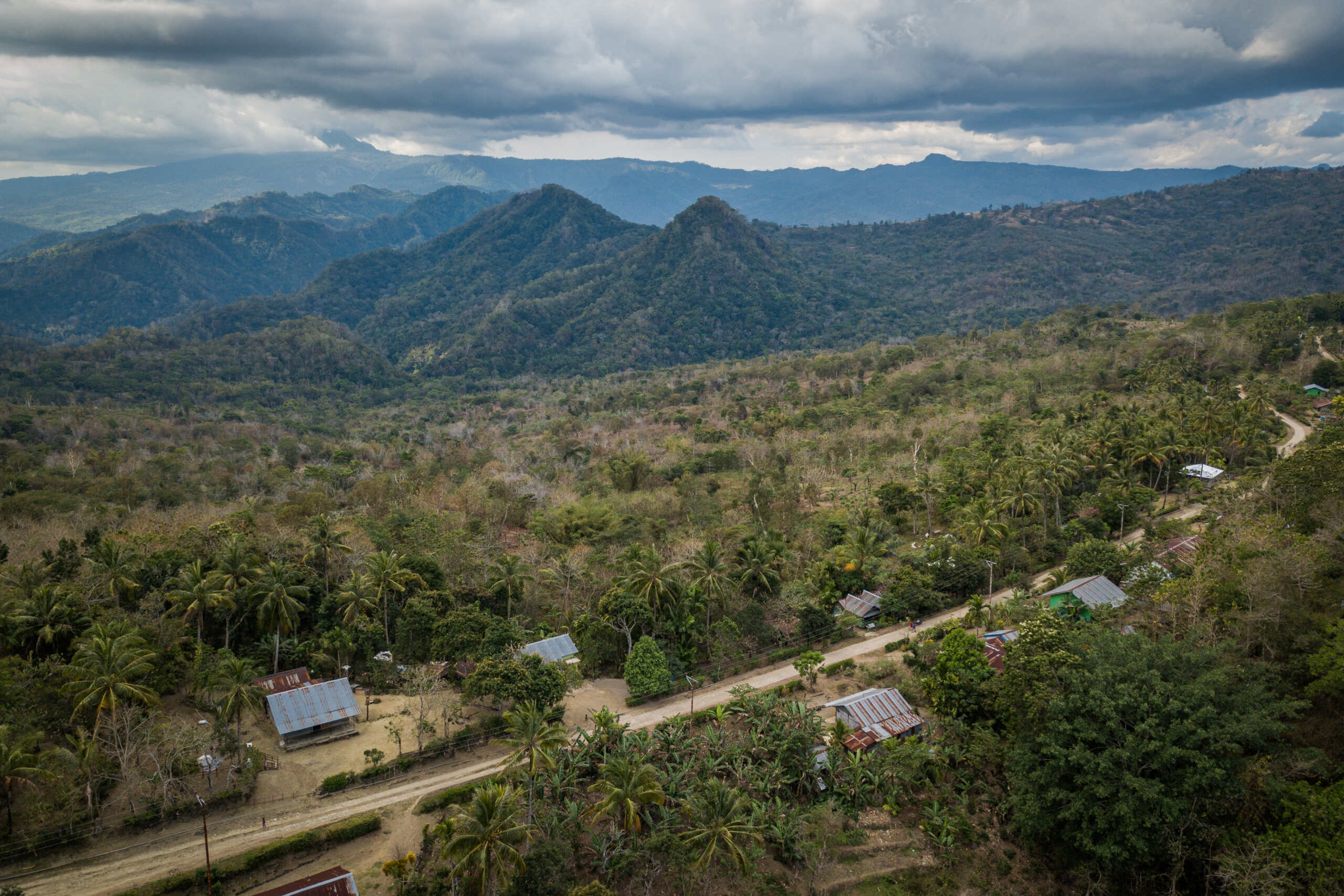Generating Practical and Policy Support for Mental Health in West Africa
Stories | October 4, 2021
Generating practical and policy support for mental health in West Africa
Over two five-year projects between January 2010 and the project’s completion in December 2019, CBM, supported a mental health leadership project designed to support and bolster the mental health services and combat stigma associated with mental illness and create national stakeholder councils across five countries in West Africa. The project, the Mental Health Leadership and Advocacy Programme, created national stakeholder councils in four of the five countries, namely Ghana, Liberia, Sierra Leone, and The Gambia. These national stakeholder councils were instrumental in building capacity in legislation, advocacy and outreach for people living with mental health in these states. As a result, the Mental Health Act in Ghana was adopted, and the work in Nigeria helped progress that country’s Mental Health Policy Other countries are also now in the early stages of adopting legislation.
The project developed a series of anti-stigma initiatives run by the stakeholder councils. These activities included media engagement ranging from radio jingles to television interviews, community awareness raising and local level advocacy, and legislative change. In The Gambia this work included engaging traditional healers to educate against practices of shackling people with mental illness, which is common. All countries reported that they had successes in the process of introducing new legislation to better align mental health laws with human rights legislation like the Convention on the Rights of Persons with Disabilities. According to one government official in Ghana “stigma is markedly reduced”.
Alongside the stakeholder councils the project sought to increase the capacity of policy practitioners and mental health practitioners, equipping these people with the practical and social training on tackling mental illness. The project also addressed the gap in mental health knowledge of practitioners. One of the key outcomes from the project was the training for local mental health nurses who would go on to train other primary health care workers in their home state, enabling a cascading effect of further training. By the end of 2019, 217 staff had received training through the project. For example, in Ghana, the 40 people comprising various nurses and students that participated in the workshop went on to train a further 149 frontline health workers. This project was beneficial in ensuring that mental health care services were available at district level and contextualised for the local conditions.
The evaluation of the program indicated major shifts in policy and practice around mental health issues. Workshops targeted at health professionals were beneficial in helping them to better understand mental health issues, improved their professional capacity to understand the social community and rights dimensions of working with people with mental illness. One psychiatric doctor noted, “This course presented a different world of mental health apart from clinical psychiatry”.
CBM would like to acknowledge the support of the Australian NGO Cooperation Program (ANCP) which contributed to the funding of this project between 2010 and 2017.
#ANCP #DFAT #AusAid
October 10th is World Mental Health Day.
Want to participate?
- Download the toolkit to learn more about the mental health challenges faced by people with disabilities, living in poverty.
- Help us in strengthening their voices by donating to our mental health programs.
https://www.cbm.org.au/stories/generating-practical-and-policy-support-for-mental-health-in-west-africa
Related Stories

Week 2 – Lent series 2026
As we continue our Lent journey, we’re grateful to share a heartfelt reflection from CBM Australia’s Head of Program Impact Operations, Kieran Cummins, who...

Building inclusive, climate resilient communities in Bangladesh
Highlights from DFAT Post’s visit In January 2026, representatives from the Australian High Commission in...

Week 1 – Lent series 2026
As we enter the season of Lent, we’re taking time as a community to pause, reflect, and draw closer to the heart of God. Lent invites...
